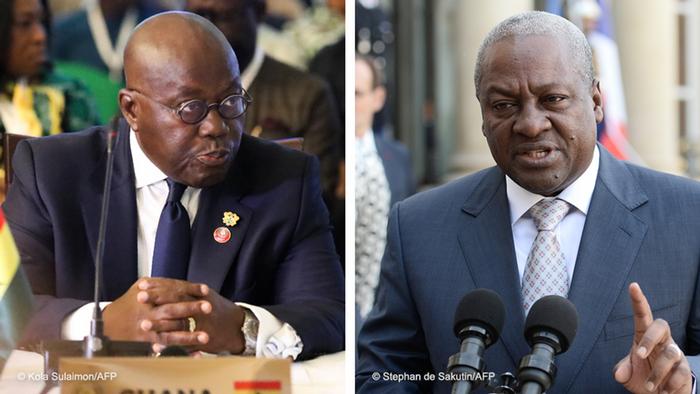Renowned economist and professor of finance at the University of Ghana, Prof. Godfred Bokpin, has lauded the Mahama administration for its commitment to fiscal discipline, asserting that had the previous New Patriotic Party (NPP) government demonstrated even a fraction of such prudence, Ghana’s economy would not have plunged into a crisis that led to its junk credit rating.
Speaking on TV3’s political talk show, ‘The Key Points’ Saturday on Ghana’s current macroeconomic trajectory, Prof. Bokpin commended the current government for achieving what he described as a historic shift in fiscal management, which has helped restore investor confidence and stabilize key economic indicators.
“If the previous administration had demonstrated even 40% of the fiscal discipline we are seeing now, they wouldn’t have left office with the exchange rate pressures they experienced,” Prof. Bokpin said.
Also Read: Minority unleashes scathing attack on Attorney-General over Duffour nolle prosequi
He explained that as of October 2024, the NPP government had built up substantial reserves capable of cushioning the cedi against volatility. However, political expediency and pre-election spending pressures overrode economic prudence.
“They had enough buffers but were unwilling to use them responsibly because of fears of political backlash. That hesitation is what fed into the pressures that worsened the cedi’s decline,” he noted.
While acknowledging the reserve build-up under the NPP, he cautioned against romanticizing their economic stewardship.
“Yes, we must give credit to the previous administration for the reserves they built. But beyond the optics, when these politicians sit back, they know they didn’t just take over liabilities—they took over assets too,” he stressed.
According to Prof. Bokpin, the Mahama administration’s turnaround of the economy is not accidental, but the result of deliberate and tough fiscal decisions backed by strong presidential leadership.
“This kind of fiscal discipline and leadership cannot happen without strong presidential support. The Minister of Finance could not have succeeded without clear backing from the President,” he asserted.
He contrasted the current administration’s approach with that of the NPP, particularly in 2017 when total government expenditure surged by over 30%, a move he described as inconsistent with the principles of fiscal consolidation.
“In 2025, the government did not just talk about cutting expenditure, they did it. Over GH¢1.2 billion in actual spending was slashed, and that’s a historic shift,” he emphasized.
Prof. Bokpin credited the government’s fiscal restraint for the dramatic drop in inflation, noting that monetary policy has become more effective in the current environment.
“In December 2024, inflation stood at 23.8%. By June 2025, it had fallen to 13.7%. That pace of disinflation is far more aggressive than what we saw in 2017 under the NPP,” he noted.
He compared it with the NPP era, where inflation declined from 15.4% in December 2016 to 12.1% in June 2017, a performance he characterized as modest.
“The current environment has allowed the Bank of Ghana to use its monetary tools more effectively because of the responsible fiscal backdrop created by the Finance Ministry,” Prof. Bokpin explained.
The respected economist maintained that Ghana’s path to economic recovery hinges not only on technocratic reforms but on consistent political will to make difficult choices.
“Real discipline is not about statements. It’s about implementation. And what we are seeing now is implementation backed by leadership,” he stressed.
Prof. Bokpin, however, urged the government to be cautious in continuing aggressive expenditure cuts beyond 2025.
“We must manage the trade-off. Aggressive fiscal consolidation should not suppress growth in Q3 and Q4 of 2025 or beyond. The government cannot operate the 2026–2027 budgets with the same austerity template. At some point, they must start spending progressively,” he warned.
Prof. Bokpin endorsed the administration’s current path and argued that this is the optimal intervention, and the results are backed by data. Ghana, he said, is witnessing a return to fiscal discipline that supports real economic recovery. “We just have to make sure we sustain it wisely,” he added.


